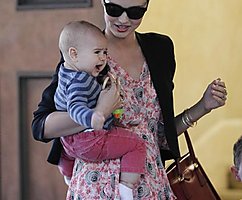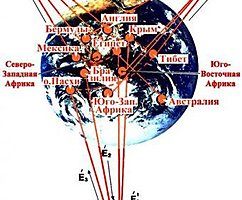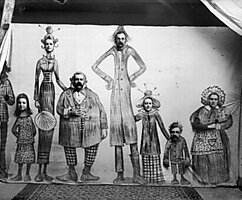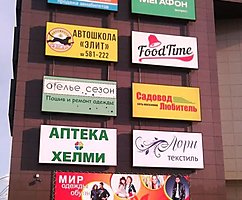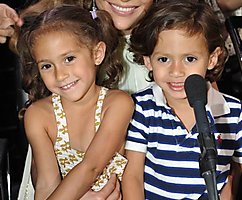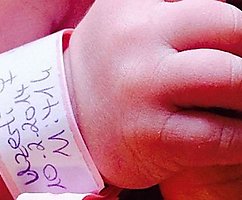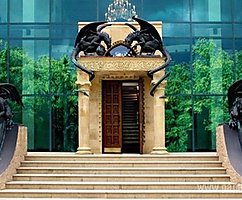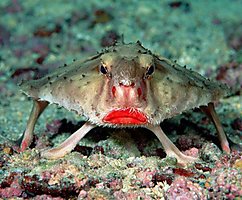Superpoliglot of Natural Sciences
 Bashny.Net
Bashny.Net
In general, he says he knows "only" 100. But he is being modest. During the conversation, we estimate that Sergey - Head of the Russian Humanitarian University, Doctor of Philology, Corresponding Member of the Russian Academy of Natural Sciences - sign no less than 400 languages, taking into account ancient and endangered languages of small nations. In order to learn the language, he needed only three weeks. Among colleagues, this 43-year-old professor has a reputation as a "walking encyclopedia." But at the same time it is distinguished ... bad memory.
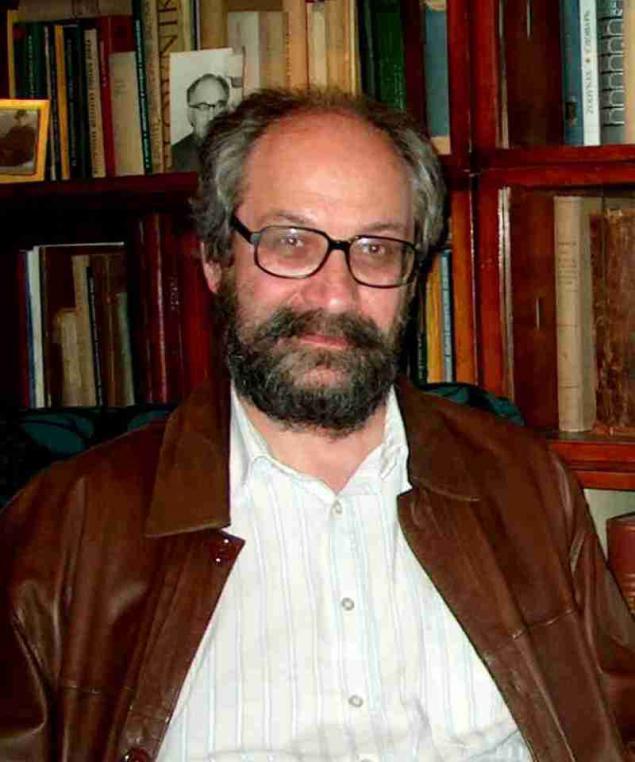
- The most difficult question for me: "How many languages do you know?". Because the exact answer it is impossible. Even 10 languages can not be known to the same degree. You may know 500 - 600 words and perfectly able to explain in the country. For example, I know English well, because all the time have to go and talk. But I think that I have a passive German better. Is it possible to speak ill, but well read. For example, the ancient Chinese classics I read better than most Chinese. Or you can not read and did not speak, but to know the structure and grammar. I can not speak or Negidal-Nanai, but their language, I remember well. Many languages go into a liability, but then, if necessary, they are returned: to Holland went and quickly restored the Dutch. Therefore, if you count all the languages with which I am familiar with different levels of knowledge, they will be typed no less than 400. But actively speak only 20.
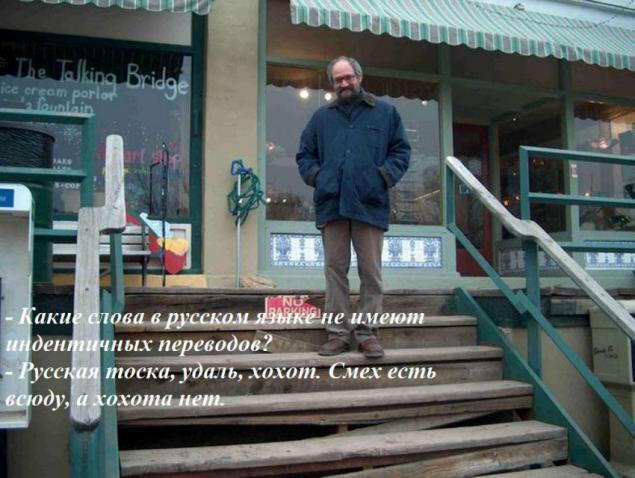
- You can feel its uniqueness?
- No, I know many people who are already several dozen languages know exactly. For example, Australian 80-year-old Professor Stephen Wurm Languages you know more than me. And he is talking freely on thirty.
- Collecting languages - just for fun?
- It is necessary to distinguish between linguists and polyglots. Polyglots - people who specialize in absorbing the enormous number of languages. And if you do science, the language - this is not an end in itself, as a working tool. My main activities - a comparison of language families together. This does not necessarily speak every language, but you need to keep in mind about the enormous roots, grammar, word origin.
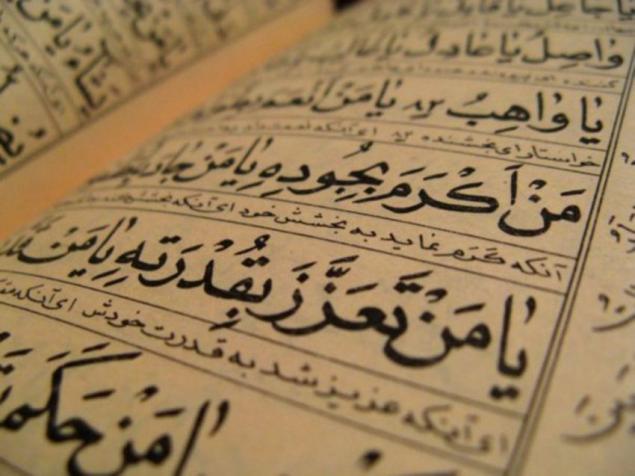
- The process of language learning you still ongoing?
- In 1993, an expedition on Yenisei engaged Ket - dying, it is said 200 people. I had to teach him. But the bulk of the languages I learned at school and university. On the 5th grade for five years at the Olympics at Moscow State University, I was a prize-winner: he could write on the proposal of 15 Indo-European languages. The university is taught mainly east.
Polyglot BORN.
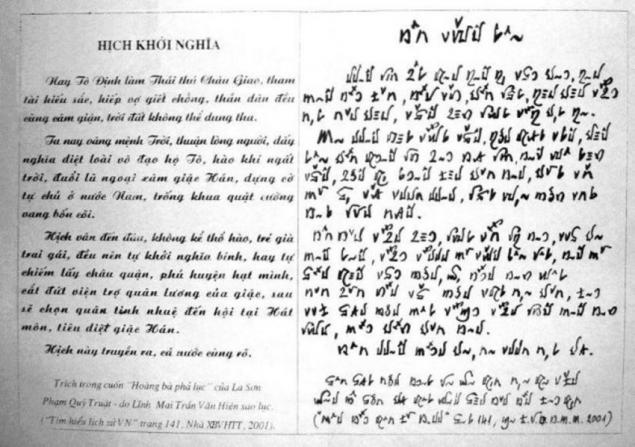
- With the ability for languages are born, or is pursued through constant training?
- I thought a lot about it. Naturally, this inheritance: I have in the family - the mass polyglots. My father was a well-known translator, edited the "Doctor Zhivago" and knew several dozen languages. My older brother, the philosopher is a big polyglot. The elder sister - a translator. My son, a student, knows no less than a hundred languages. The only member of the family who is not fascinated by languages, - youngest son, but he is a good programmer.
- But as a man capable of storing in the memory of such an array of information?
- And I have, paradoxically, a very bad memory, I can not remember phone numbers, addresses, can never find a place for the second time, which was already. My first language, German, was given to me with great difficulty. I spent a lot of effort just to memorize words. In the pockets always wore cards with words - on one side in German, on the other - in Russian, on the road to the bus itself to check. By the end of high school I trained memory.
I remember the first year at university, we were on an expedition to Sakhalin and were engaged there Nivkh language is also endangered. I went there without any preparation, and just like that, on a dare, learned Gilyak dictionary. Not all, of course, 30 000 words, but most.
- And in general, how much time you need to learn the language?
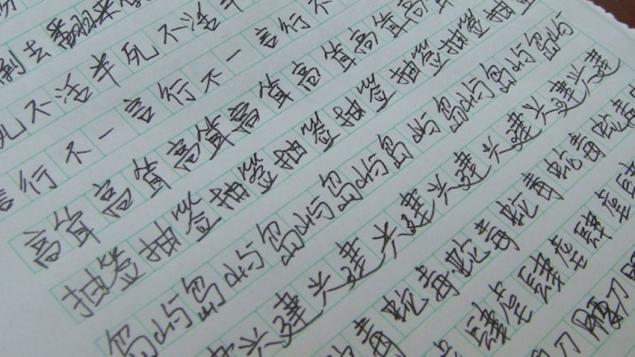
- Three weeks. Although the eastern, of course, much heavier. In Japan it took one and a half years. For a year he taught at the university, scores were excellent, but one day I picked up a Japanese newspaper and realized that I can not read it. I was angry - and learned of his own over the summer.
- You own learning system?
- Skeptical to all systems. I just take a book and teach from beginning to end. It takes about two weeks. Then - in different ways. You can tell yourself that you have read the language, and if it becomes necessary, take off the shelf and activate it. Such language was a lot in my practice. If the language needs and interests, then it is necessary to read the literature. Linguaphone course I've never used. To speak well, you need a native speaker. And best of all - to go to the country and stay there a year.

- What ancient languages do you know?
- Latin, Greek, Sanskrit, Old Japanese, Hurrian language in which in the II century BC. e. spoken in ancient Anatolia.
- And how do you manage to remember the dead languages - do not talk to anyone?
- I read. From left 2-3 Hurrian text. There are languages which have been preserved from the two or three dozen words.
How to talk ADAM AND EVE.

- Are you looking for proto humanity. Do you think that once all the people of the world spoke the same language?
- We're going to open up and prove - all languages were united, and then broke up in the thirties and the twentieth century BC.
Language - a means of communication and is transmitted as an information code from generation to generation, so it is required to accumulate errors and interference. We teach our children, ignoring the fact that they have little say in another language. In their speeches the more subtle differences from speech older. Language change is inevitable. It takes 100-200 years - this is a completely different language. If the carriers of the language once went in different directions, it is a thousand years there will be two different languages.
And we have to find out - whether at the 6000 modern languages, including dialects, the starting point? We are gradually moving from the ancient to the modern languages. This is a linguistic paleontology - step by step we reconstruct sounds and words, approaching the proto-language. And now it is the stage when you can bring together several major language families, which in the world now, there are about ten. A further task - to restore these proto macrofamilies and see if they can bring together and reconstruct a unified language that might talked Adam and Eve.
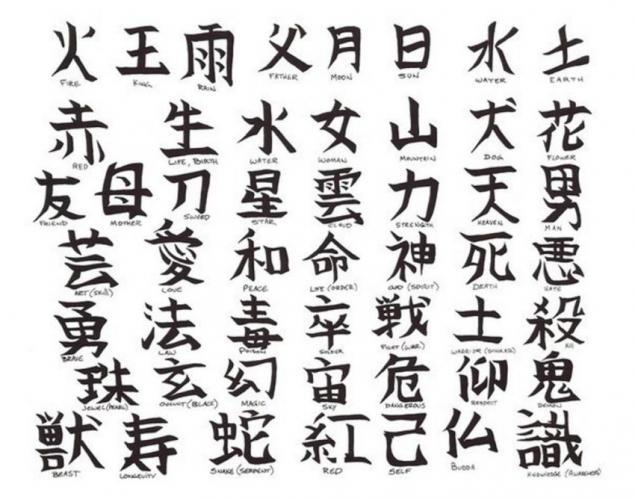
Laughed CAN ONLY IN RUSSIA.
- What language is the most difficult and what is the easiest?
- Grammar is easier in English, Chinese. I learned Esperanto and a half hours. It's hard to study - Sanskrit and Greek. But the most difficult language in the land - the Abkhaz. Russian - medium. Foreigners it is difficult to digest just because of the complex alternation of consonants (the hand-grip) and stress.
- Many languages dying?
- All languages in the Urals and in the Urals, Nivkh and Ket of the Yenisei family. In North America, dozens are dying. Scary process.
- Your attitude to the profanity? This garbage?
- These words are not different from other words. Comparative linguist accustomed to dealing with the names of sex organs in any language. The English expression significantly poorer than Russian. The Japanese are much less clogged obscene vocabulary: it is more polite people.
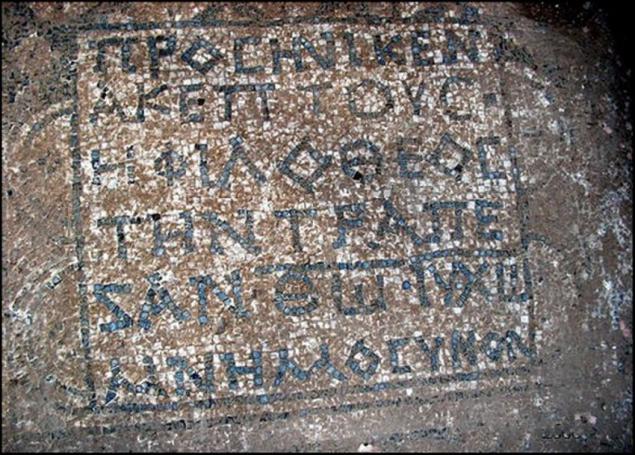
Sergei Starostin (March 24, 1953, Moscow - September 30, 2005, Moscow) - an outstanding Russian linguist, polyglot, a specialist in comparative studies, oriental studies, Caucasian studies and Indo. Son of the writer, translator, polyglot Anatoly Starostin, brother of the philosopher and historian of science Boris Starostin. Corresponding Member of the Russian Academy of Sciences in the Department of Literature and Language (Linguistics). Head of the Center for Comparative Studies of the Institute of Oriental and Classical RSUH, chief researcher at the Institute of Linguistics of Russian Academy of Sciences, Honorary Doctor of the University of Leiden (Netherlands).
--img10--
Source:

- The most difficult question for me: "How many languages do you know?". Because the exact answer it is impossible. Even 10 languages can not be known to the same degree. You may know 500 - 600 words and perfectly able to explain in the country. For example, I know English well, because all the time have to go and talk. But I think that I have a passive German better. Is it possible to speak ill, but well read. For example, the ancient Chinese classics I read better than most Chinese. Or you can not read and did not speak, but to know the structure and grammar. I can not speak or Negidal-Nanai, but their language, I remember well. Many languages go into a liability, but then, if necessary, they are returned: to Holland went and quickly restored the Dutch. Therefore, if you count all the languages with which I am familiar with different levels of knowledge, they will be typed no less than 400. But actively speak only 20.

- You can feel its uniqueness?
- No, I know many people who are already several dozen languages know exactly. For example, Australian 80-year-old Professor Stephen Wurm Languages you know more than me. And he is talking freely on thirty.
- Collecting languages - just for fun?
- It is necessary to distinguish between linguists and polyglots. Polyglots - people who specialize in absorbing the enormous number of languages. And if you do science, the language - this is not an end in itself, as a working tool. My main activities - a comparison of language families together. This does not necessarily speak every language, but you need to keep in mind about the enormous roots, grammar, word origin.

- The process of language learning you still ongoing?
- In 1993, an expedition on Yenisei engaged Ket - dying, it is said 200 people. I had to teach him. But the bulk of the languages I learned at school and university. On the 5th grade for five years at the Olympics at Moscow State University, I was a prize-winner: he could write on the proposal of 15 Indo-European languages. The university is taught mainly east.
Polyglot BORN.

- With the ability for languages are born, or is pursued through constant training?
- I thought a lot about it. Naturally, this inheritance: I have in the family - the mass polyglots. My father was a well-known translator, edited the "Doctor Zhivago" and knew several dozen languages. My older brother, the philosopher is a big polyglot. The elder sister - a translator. My son, a student, knows no less than a hundred languages. The only member of the family who is not fascinated by languages, - youngest son, but he is a good programmer.
- But as a man capable of storing in the memory of such an array of information?
- And I have, paradoxically, a very bad memory, I can not remember phone numbers, addresses, can never find a place for the second time, which was already. My first language, German, was given to me with great difficulty. I spent a lot of effort just to memorize words. In the pockets always wore cards with words - on one side in German, on the other - in Russian, on the road to the bus itself to check. By the end of high school I trained memory.
I remember the first year at university, we were on an expedition to Sakhalin and were engaged there Nivkh language is also endangered. I went there without any preparation, and just like that, on a dare, learned Gilyak dictionary. Not all, of course, 30 000 words, but most.
- And in general, how much time you need to learn the language?

- Three weeks. Although the eastern, of course, much heavier. In Japan it took one and a half years. For a year he taught at the university, scores were excellent, but one day I picked up a Japanese newspaper and realized that I can not read it. I was angry - and learned of his own over the summer.
- You own learning system?
- Skeptical to all systems. I just take a book and teach from beginning to end. It takes about two weeks. Then - in different ways. You can tell yourself that you have read the language, and if it becomes necessary, take off the shelf and activate it. Such language was a lot in my practice. If the language needs and interests, then it is necessary to read the literature. Linguaphone course I've never used. To speak well, you need a native speaker. And best of all - to go to the country and stay there a year.

- What ancient languages do you know?
- Latin, Greek, Sanskrit, Old Japanese, Hurrian language in which in the II century BC. e. spoken in ancient Anatolia.
- And how do you manage to remember the dead languages - do not talk to anyone?
- I read. From left 2-3 Hurrian text. There are languages which have been preserved from the two or three dozen words.
How to talk ADAM AND EVE.

- Are you looking for proto humanity. Do you think that once all the people of the world spoke the same language?
- We're going to open up and prove - all languages were united, and then broke up in the thirties and the twentieth century BC.
Language - a means of communication and is transmitted as an information code from generation to generation, so it is required to accumulate errors and interference. We teach our children, ignoring the fact that they have little say in another language. In their speeches the more subtle differences from speech older. Language change is inevitable. It takes 100-200 years - this is a completely different language. If the carriers of the language once went in different directions, it is a thousand years there will be two different languages.
And we have to find out - whether at the 6000 modern languages, including dialects, the starting point? We are gradually moving from the ancient to the modern languages. This is a linguistic paleontology - step by step we reconstruct sounds and words, approaching the proto-language. And now it is the stage when you can bring together several major language families, which in the world now, there are about ten. A further task - to restore these proto macrofamilies and see if they can bring together and reconstruct a unified language that might talked Adam and Eve.

Laughed CAN ONLY IN RUSSIA.
- What language is the most difficult and what is the easiest?
- Grammar is easier in English, Chinese. I learned Esperanto and a half hours. It's hard to study - Sanskrit and Greek. But the most difficult language in the land - the Abkhaz. Russian - medium. Foreigners it is difficult to digest just because of the complex alternation of consonants (the hand-grip) and stress.
- Many languages dying?
- All languages in the Urals and in the Urals, Nivkh and Ket of the Yenisei family. In North America, dozens are dying. Scary process.
- Your attitude to the profanity? This garbage?
- These words are not different from other words. Comparative linguist accustomed to dealing with the names of sex organs in any language. The English expression significantly poorer than Russian. The Japanese are much less clogged obscene vocabulary: it is more polite people.

Sergei Starostin (March 24, 1953, Moscow - September 30, 2005, Moscow) - an outstanding Russian linguist, polyglot, a specialist in comparative studies, oriental studies, Caucasian studies and Indo. Son of the writer, translator, polyglot Anatoly Starostin, brother of the philosopher and historian of science Boris Starostin. Corresponding Member of the Russian Academy of Sciences in the Department of Literature and Language (Linguistics). Head of the Center for Comparative Studies of the Institute of Oriental and Classical RSUH, chief researcher at the Institute of Linguistics of Russian Academy of Sciences, Honorary Doctor of the University of Leiden (Netherlands).
--img10--
Source:
Tags
See also
Pichalka, vkusnuypirogek, ovulyashka and other "mimimi"
Monsters, in which I want to believe - 2
Consciousness - the wind, we can not see it, but we can distinguish between results
Nature of genius: how musicians and athletes become great
4 fascinating lectures from scientists in school subjects
Believing scientists — knowledge and faith
Zen freedom
Zombie. A narcotic consciousness.
In the Chelyabinsk region are planning to build solar power plant




